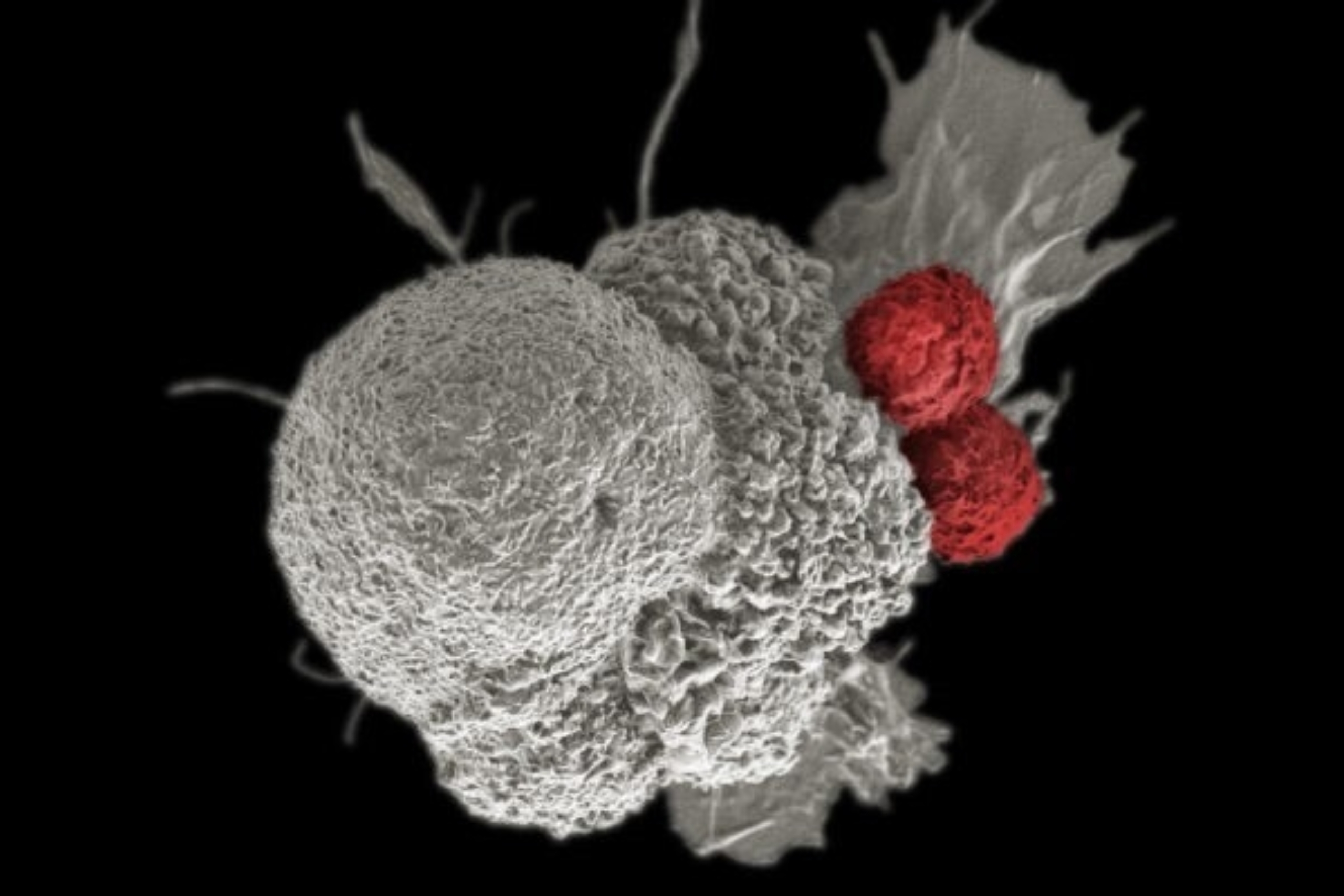Researchers at the University of Texas at Austin have uncovered a game-changing development in cancer treatment. Their discovery revolves around a novel cancer drug, PEG-MTAP, designed to enhance the immune system’s ability to combat various forms of cancer.

Novel Cancer Drug Revives Immune System’s Capacity to Combat Tumors; Reveals Promising Results in Animal Trials (Photo: Independent.ie)
Mystery of 9p21 DNA Segment Deletion
According to the report published by the Medical News Today, in October 18, 2023, this novel cancer drug exhibits promising results in experiments involving mice with melanoma, bladder cancer, leukemia, and colon cancer. By specifically targeting the troublesome 9p21 DNA segment deletion—a commonality in many cancers—novel cancer drug PEG-MTAP hinders tumor growth, extends life, and augments the outcomes of immunotherapy. The potential implications for reshaping cancer therapies are substantial, marking a pivotal moment in the ongoing fight against cancer.
Many cancers, approximately 15% of all human cancers, exhibit a deletion in the 9p21 DNA segment. This deletion, prevalent in cancers like melanoma, bladder cancer, mesothelioma, and certain brain cancers, has long been associated with poorer patient outcomes and reduced responsiveness to immunotherapies that novel cancer drug might cure.
The deletion triggers cancer cells to release a harmful compound called methylthioadenosine (MTA), which disrupts immune cell functions and diminishes the effectiveness of immunotherapies. Novel cancer drug, PEG-MTAP, the newfound drug, offers a promising solution by restoring the immune system’s balance, potentially revolutionizing cancer treatment strategies.
READ ALSO: COVID-19 Rate Of Mutation Reveals Individual Variability In Vulnerability To Different Strains, According To Recent Study
A Potential Game-Changer in Immunotherapy
In a news released by UTexas News, researchers delve into the mechanism behind the loss of the MTAP gene in cancer cells, revealing its role in immune suppression. The absence of MTAP leads to the release of MTA, a potent immune cell inhibitor, into the cancer cell’s environment. Animal studies with novel cancer drug PEG-MTAP show a reduction in MTA levels, revitalizing the immune system. Notably, T cells, the immune system’s specialized force against tumors, exhibit increased aggression.
Understanding this mechanism sheds light on why certain cancers, like melanoma and bladder cancer, show poor responses to immunotherapies. Insights from this research open avenues for a novel approach to overcoming novel cancer drug immunotherapy resistance in specific cancers. The researchers envision a transformative impact on cancer treatment strategies. Dr. Everett Stone, the lead author, emphasizes the importance of recognizing the loss of the MTAP gene as a signal that the immune system may struggle to combat the tumor.
Novel cancer drug PEG-MTAP, if successfully integrated into clinical practice, could extend life and boost the immune system’s ability to control cancer. While acknowledging the need for further research and clinical trials, experts anticipate that targeting MTA metabolism could pave the way for more effective immunotherapy treatments, offering hope for patients with MTAP-deficient cancers. The road ahead may be long, but the potential for a paradigm shift in cancer therapy is on the horizon.
READ ALSO: Toll In Mental Health Rises As Teenagers Combats With Sleep Deprivation
























